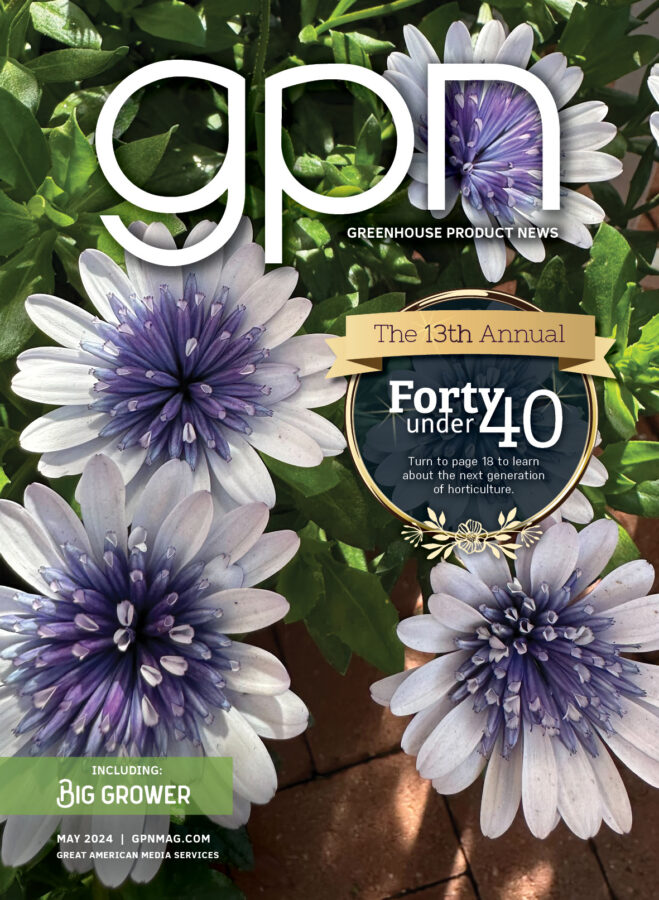Massachusetts Marijuana Retailers Surpass $1 Billion In Sales
Adult-use marijuana retailers in Massachusetts have now tallied more than $1 billion in gross sales, according to information reported in the state’s mandatory seed-to-sale tracking system.
At close of business on Friday, Oct. 30, aggregate data recorded in Metrc by 80 marijuana retailers operating statewide reached $1,000,521,905, coming nearly two years after the first two adult-use stores on the East Coast opened their doors Nov. 20, 2018.
Over the first year of adult-use sales, from November 2018 to November 2019, 33 marijuana retailers generated $393.7 million in gross sales, before licensees ultimately tallied $444.9 million for the full calendar year of 2019.
Since Jan. 1, 2020, marijuana establishments have already surpassed those figures, generating $539 million in gross sales despite two months of closures as a result of the COVID-19 public health emergency in Massachusetts. During the pandemic, the commission has implemented numerous protocols, including social distancing requirements, sanitation measures, and curbside service at licensed locations throughout the state that put first the health and safety of employees, patients, and consumers, while also supporting marijuana establishments’ ongoing operations. Read more at MassCannabisControl.com/COVID19.
Licensing, Agents, and Equity
Since Massachusetts’ first two marijuana retailers opened in 2018, 82 more have received notices from the commission to commence operations statewide and are in the process of opening. Another 201 marijuana retailers with provisional or final license approval are completing the commission’s inspection and compliance procedures towards that end.
In total, the commission has licensed 688 marijuana establishments, including cultivators, product manufacturers, independent testing laboratories, microbusinesses, and more. Currently, 40 cultivators are open for business, with the capacity to grow up to a maximum of 1.26 million square feet of canopy in the Commonwealth.
The commission is also in the process of finalizing changes to its adult-use regulations that will support home delivery of marijuana and marijuana products, after launching the initial license applications for adult-use Delivery-Only operators in May. To further the agency’s mission of ensuring industry participation by communities that have been disproportionately harmed by marijuana prohibition, the evolving marijuana courier and marijuana delivery operator license types will be exclusively available to certified Economic Empowerment Applicants (EEAs) and Social Equity Program (SEP) Participants for a minimum of three years. So far, the commission has issued two Delivery-Only — or marijuana courier — licenses to such applicants and pre-certified 47 more who are interested in offering delivery services in Massachusetts.
To date, two EEA licensees, two SEP licensees, and five Disadvantaged Business Enterprises (DBE) – or state-certified minority-, woman-, or veteran-owned companies – have opened. Additionally, the commission has issued provisional licenses to 14 more EEAs, 21 more SEP Participants, and 87 DBEs that represent they have attended the state’s Supplier Diversity Office class and received expedited review from the commission. Another four provisional licenses have gone to applicants who maintain both EEA status and participate in SEP, while seven more provisional licenses have gone to SEP Participants who are also DBE certified.
As of October, across all categories of licenses, the adult-use cannabis industry in Massachusetts consists of nearly 10,300 active marijuana establishment agent registrations, up from 6,700 in November 2019. Of those, approximately 33% identify as female and 66% identify as male, while 74.2% of registered and proposed agents identify as White, 6.7% identify as Hispanic, Latino, or Spanish, and 5.9% identify as Black or African American.
This spring, the commission’s first cohort of 143 SEP Participants received technical assistance and training across four teaching tracks. For the second cohort, 285 applicants qualified and now have access to technical assistance and training that started in July and continues through this winter. Participants who are approved for the program based on three criteria receive automatic program benefits, such as expedited application review by the commission’s licensing team, certain fee waivers, and exclusive access to license types such as the marijuana Courier and marijuana delivery operator licenses.



